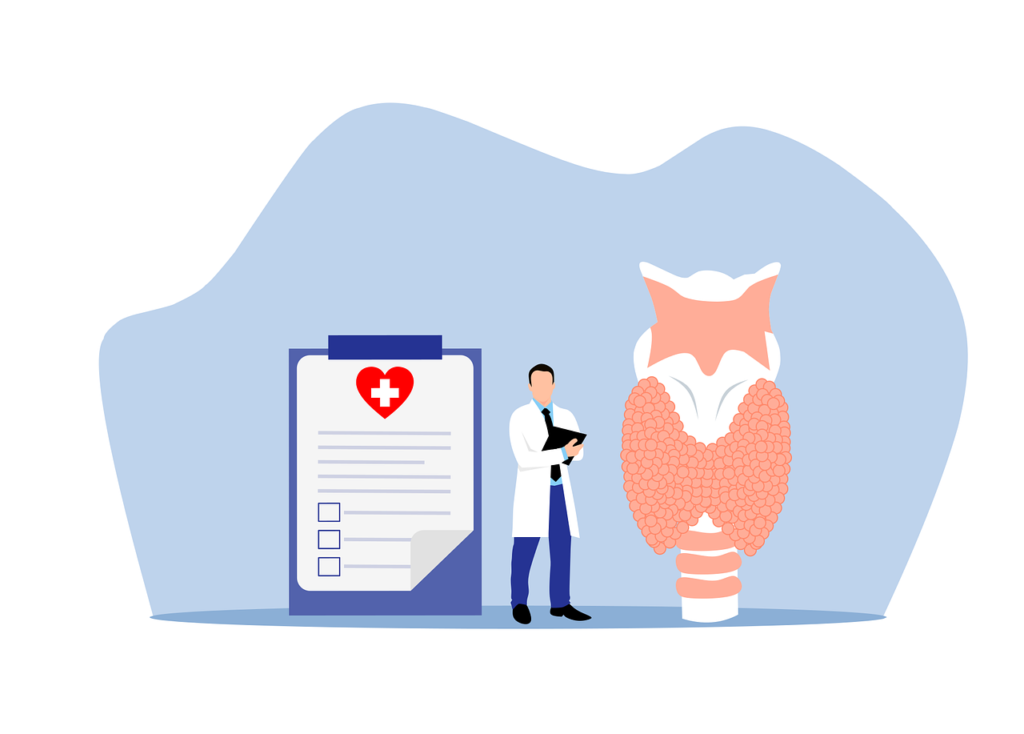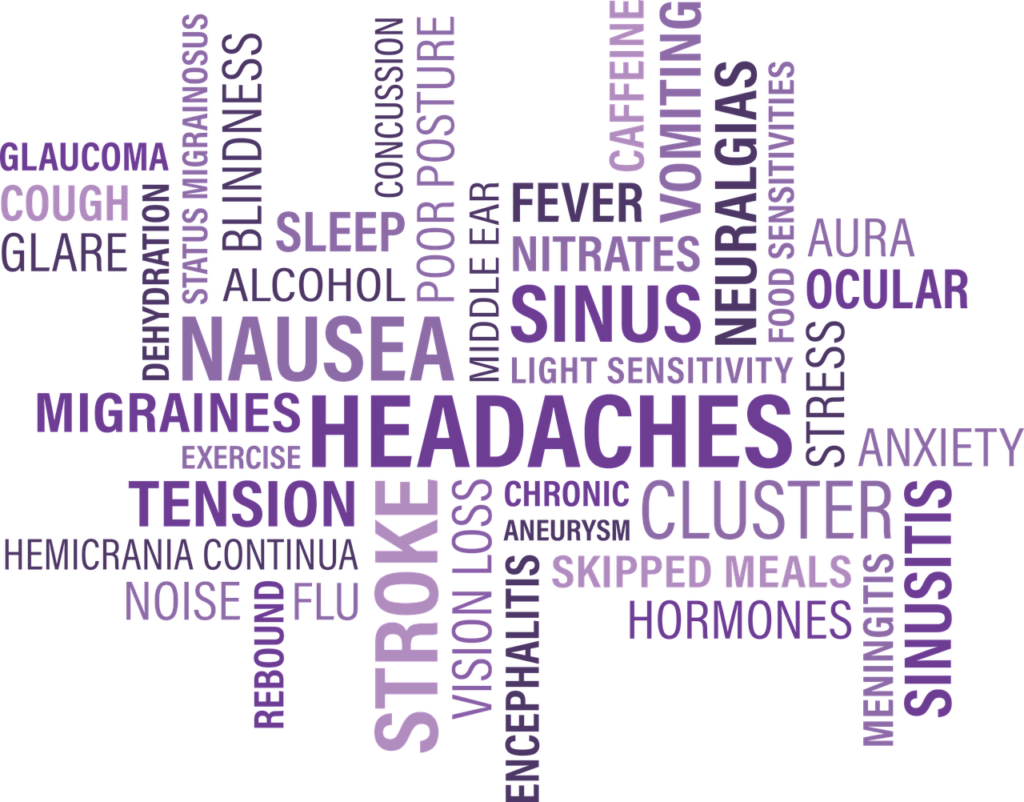Curious about the potential risks of hormone replacement therapy (HRT)? Look no further! In this insightful article, we will explore the potential risks that come along with this widely used treatment. Whether you are considering HRT or simply interested in learning more about it, join us as we delve into the potential drawbacks and explore the current research surrounding this topic.
Cardiovascular Risks
Hormone replacement therapy (HRT) may increase the risk of certain cardiovascular conditions. One of the major risks associated with HRT is an increased risk of blood clots. Blood clots, also known as deep vein thrombosis (DVT), can potentially be life-threatening if they travel to vital organs. Therefore, individuals considering HRT need to be aware of this risk and discuss it with their healthcare provider.
In addition to blood clots, HRT may also increase the risk of stroke. A stroke occurs when the blood supply to the brain is disrupted, either due to a blood clot or a ruptured blood vessel. The use of hormones, specifically estrogen, in HRT has been associated with an elevated risk of stroke. Therefore, it is crucial to consider this potential risk before starting HRT.
Furthermore, another cardiovascular risk associated with HRT is an increased risk of heart attack. This risk seems to be higher in women who initiate HRT in the later stages of menopause. It is important to note that the risk of heart attack appears to diminish as women stop using hormone therapy. As with any treatment decision, it is essential to weigh the potential benefits of HRT against the associated cardiovascular risks.
Breast Cancer Risks
One of the main concerns regarding HRT is an increased risk of breast cancer. Several studies have indicated that long-term use of estrogen-progestin combination therapy may be associated with a higher risk of breast cancer. This risk may be influenced by factors such as the duration of HRT use, the specific hormones used, and the individual’s personal health history.
Additionally, for breast cancer survivors, HRT may increase the risk of cancer recurrence. This risk should be carefully considered, and alternative treatments should be explored, especially for individuals who have a history of breast cancer. It is important to consult with a healthcare provider to assess the potential risks and benefits of HRT in each individual case.

Endometrial Cancer Risks
Another risk associated with HRT is an increased risk of endometrial cancer. The prolonged use of estrogen-only therapy, without progesterone, can lead to an overgrowth of the endometrial lining, increasing the risk of cancer development. To mitigate this risk, healthcare providers often prescribe a combination of estrogen and progestin to balance out the hormonal effects and minimize the risk of endometrial cancer. Regular monitoring and early detection through routine check-ups are crucial for managing this risk.
Ovarian Cancer Risks
Although the evidence is not as conclusive as with other risks, there is some speculation that HRT may potentially increase the risk of ovarian cancer. Some studies have suggested a slight increase in the risk, while others have not found a significant association. More research is required to fully understand the relationship between HRT and ovarian cancer. For individuals concerned about this risk, discussing it with a healthcare provider is important to make informed treatment decisions.

Gallbladder Disease Risks
HRT has also been associated with an increased risk of gallbladder disease, specifically gallstones and gallbladder inflammation. Hormones, particularly estrogen, can influence the composition of bile, which can predispose individuals to the formation of gallstones. Similarly, inflammation of the gallbladder, known as cholecystitis, has been observed more frequently in individuals using HRT. Monitoring symptoms and seeking medical advice promptly is vital to manage these potential risks.
Liver Disease Risks
HRT may contribute to an increased risk of liver diseases, including liver cancer and nonalcoholic fatty liver disease (NAFLD). Although the exact mechanisms are not fully understood, estrogen and other hormones used in HRT can impact liver function and metabolism. Individuals who opt for HRT should consider the potential consequences on liver health. Regular liver function tests and discussions with healthcare providers can help manage these risks effectively.
Bone Density Risks
Reduced bone density and an increased risk of osteoporosis are potential risks associated with HRT. Estrogen plays a crucial role in maintaining bone health, and the decline of estrogen levels during menopause can lead to bone loss. While HRT can help prevent bone loss and maintain bone density, it is essential to balance the benefits with the potential risks. Regular bone density monitoring and discussions with healthcare providers can ensure appropriate management of this risk.
Memory and Cognitive Risks
HRT has been associated with potential risks to memory and cognitive function. Studies have suggested an increased risk of Alzheimer’s disease and dementia in individuals using HRT, particularly in those who initiate treatment later in life or use hormones for an extended period. These findings highlight the importance of thoroughly evaluating the risks and benefits of HRT in relation to cognitive health, especially for individuals with a family history or other risk factors for these conditions.
Mood and Emotional Risks
In addition to physical risks, HRT may also affect mood and emotional well-being. Some studies have indicated an increased risk of depression and mood swings in individuals using HRT. It is important to consider the potential impact on mental health when making decisions about HRT. Open communication with healthcare providers is crucial to monitor and address any mood-related changes during hormone therapy.
Other Risks
HRT is associated with various other risks that individuals should be aware of. These risks include an increased risk of blood pressure elevation, weight gain, blood sugar imbalances, breast tenderness, headaches, and nausea. While not everyone experiences these side effects, it is important to be vigilant and consult with healthcare providers to manage and minimize any potential risks.
It is crucial to note that the risks associated with HRT can vary depending on factors such as age, overall health, family history, and the specific type and duration of hormone therapy. Each individual’s circumstances should be carefully evaluated before deciding to start or continue hormone replacement therapy. Open and ongoing communication with healthcare providers is vital to mitigate these risks and ensure the best possible outcomes for each patient.